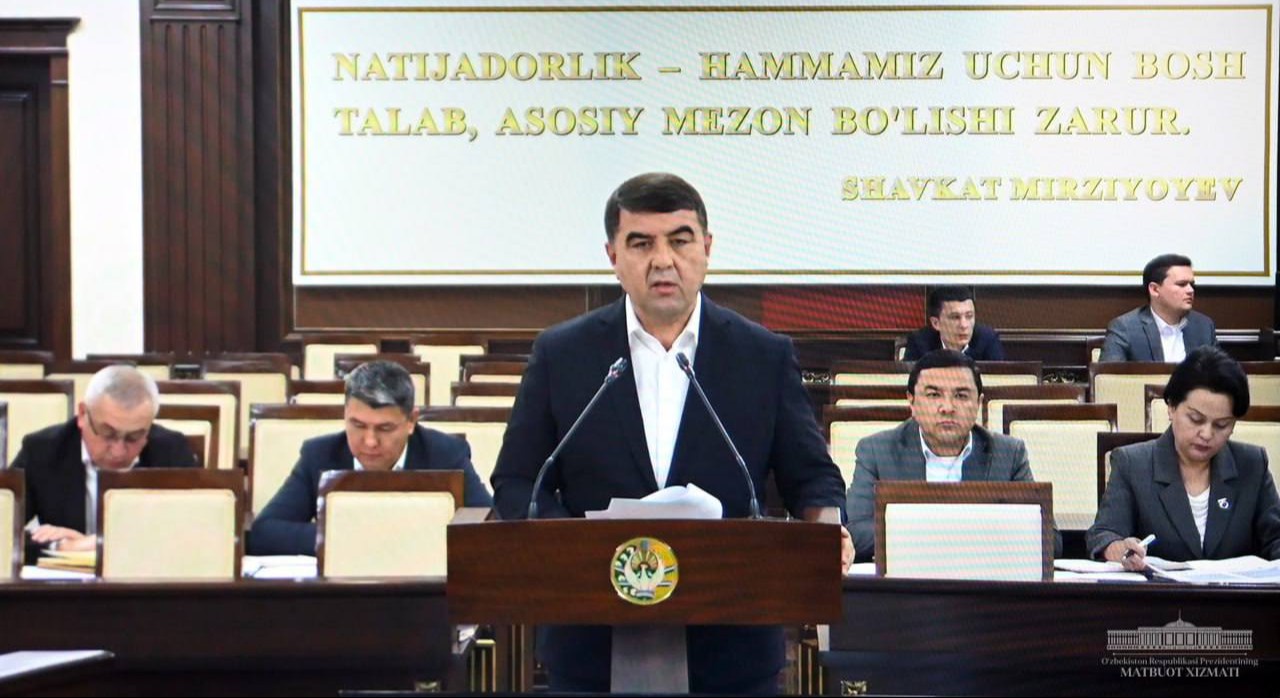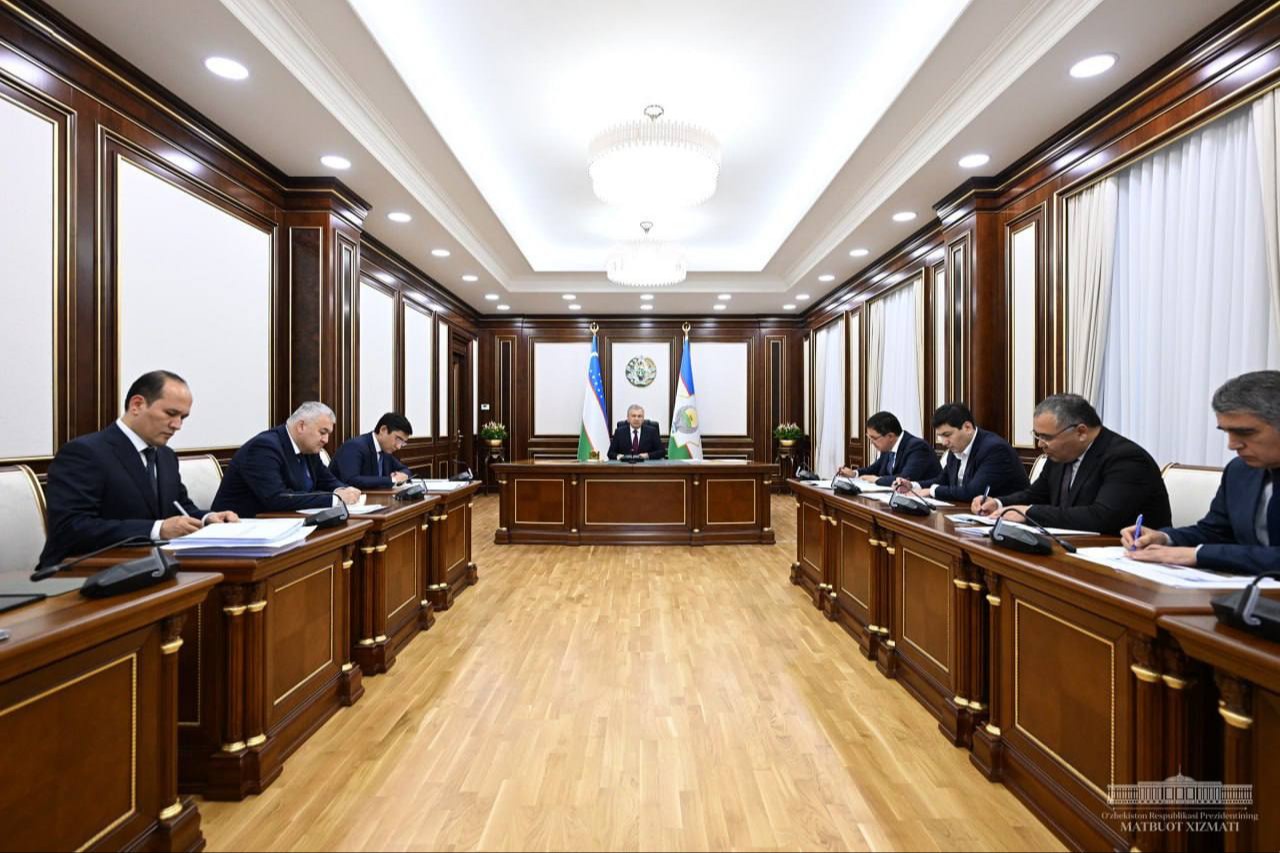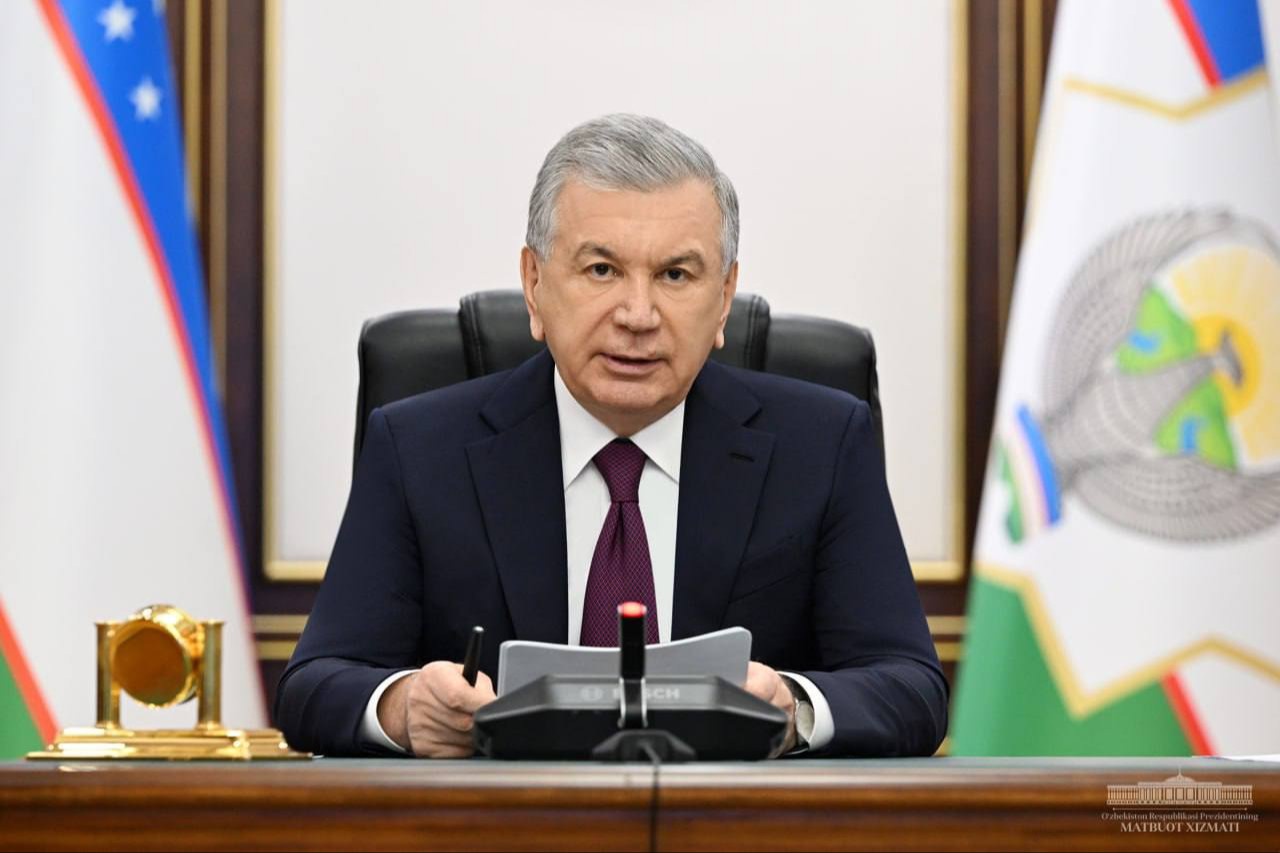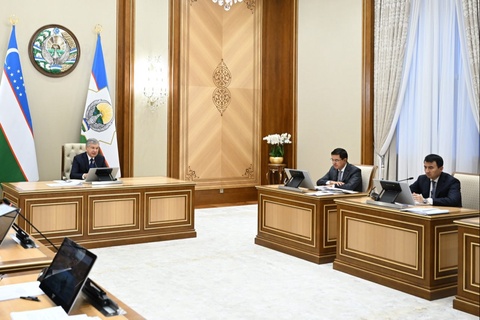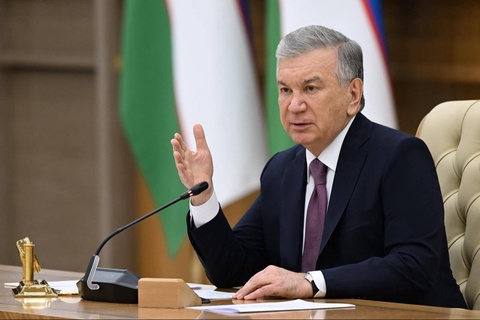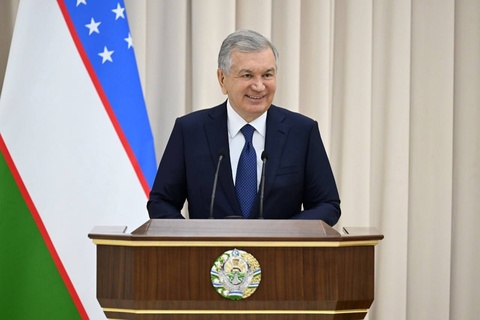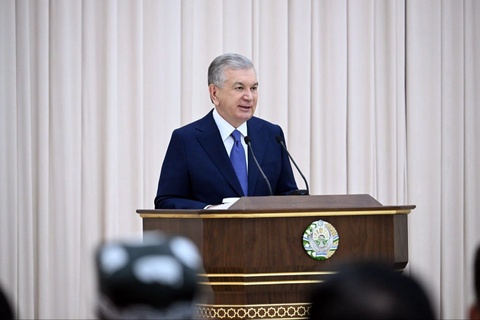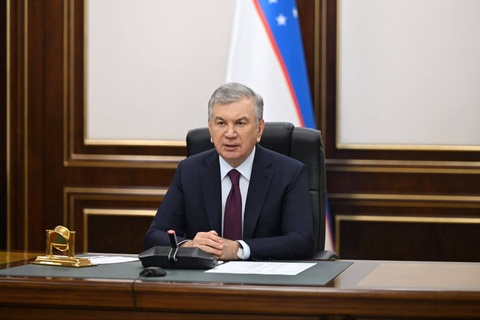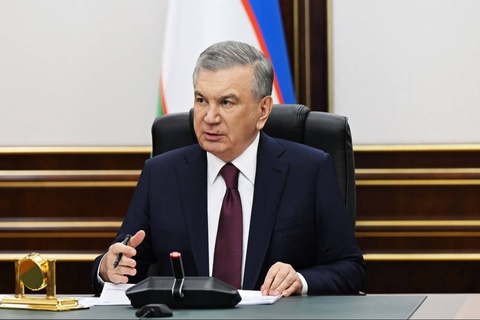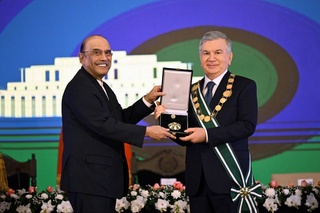Over the past ten months, 681 projects have been implemented in the region, creating 21 thousand jobs. Products worth more than 21 trillion UZS have been manufactured, of which $702 million have been exported. By the end of the year, the region’s economy is expected to grow by 8 percent.
Now, it is necessary to set goals for the following year. In this regard, working groups are being sent to all districts, proposals from entrepreneurs are being studied, and plans are being formed.
Opportunities for the implementation of 182 new projects worth $527 million have been identified in Namangan region. For example, if the small industrial zone in the Barkamol Avlod mahalla of the city of Namangan is expanded, a leather and footwear enterprise worth $60 million can be located. Creating such a zone in Namangan neighborhood in Mingbulak will create conditions for implementing industrial projects worth $25 million.
An entrepreneur from Pap district and American partners proposed investing $80 million and processing 1.8 million tons of fluorite stone annually. As a result, 200 jobs will be created, and the possibility of exporting $70 million will arise. Another enterprise expressed a desire to invest $40 million in growing medicinal plants on 5,000 hectares, producing confectionery products, and organizing a tourist center.
In this district, rice, grain, medicinal, and forage crops can be grown on lands with access to groundwater, and fish can be bred around drainage wells in Norin district. In Chorkesar, Zarkent, and Isparan, with improved irrigation and land allocation to livestock breeders, it will be possible to raise 100,000 heads of cattle and goats.
The organization of dual education at Yangikurgan Agricultural College and the Potato Center will train qualified specialists and produce essential food products. Thanks to cooperation with beekeeping farms, beekeeping can be organized in households, providing additional income to the population.
At the meeting, the Hokim of Namangan region presented plans to implement such opportunities. In particular, it was noted that in 2025, it is planned to attract $4.2 billion in investments to Namangan region, create 34 thousand jobs, and ensure exports worth $1 billion.
The poverty level in the region is expected to decrease to almost 8 percent by the end of the year. In 2025, this figure is planned to be reduced to 5.3 percent, lifting 78 thousand people out of poverty. About 100,000 people who have returned from labor migration abroad within the country will be employed.
The Head of state gave instructions on supporting entrepreneurs’ initiatives, creating conditions for their projects, and including the necessary funds for the development of industrial infrastructure in investment programs. The importance of accelerating the implementation of projects in small industrial zones, attracting the population to entrepreneurship, and providing employment was emphasized.


